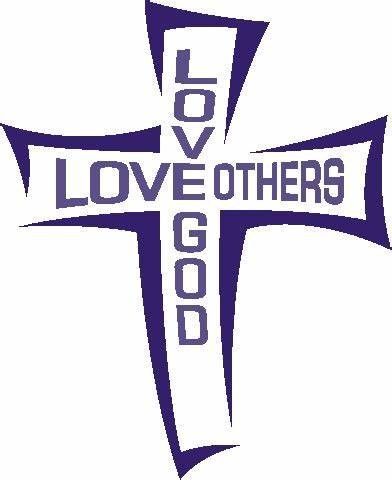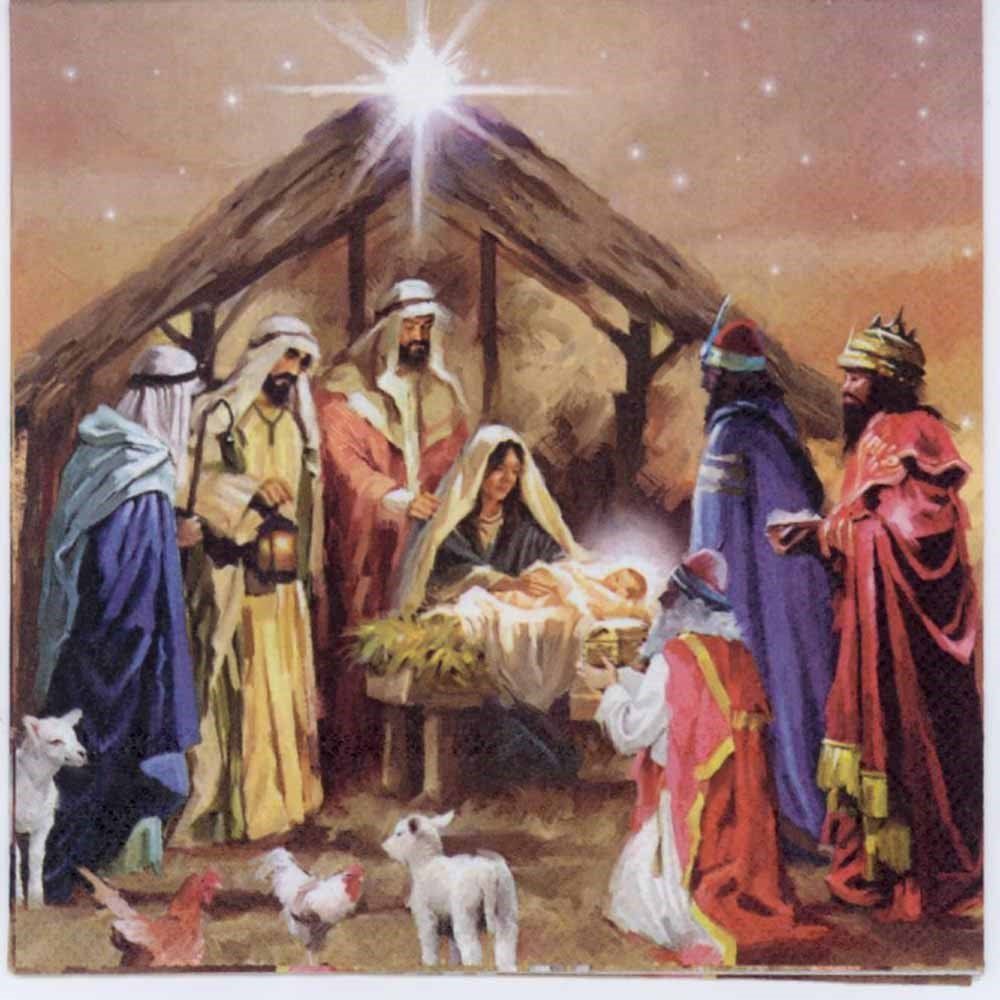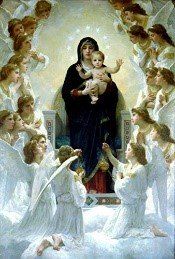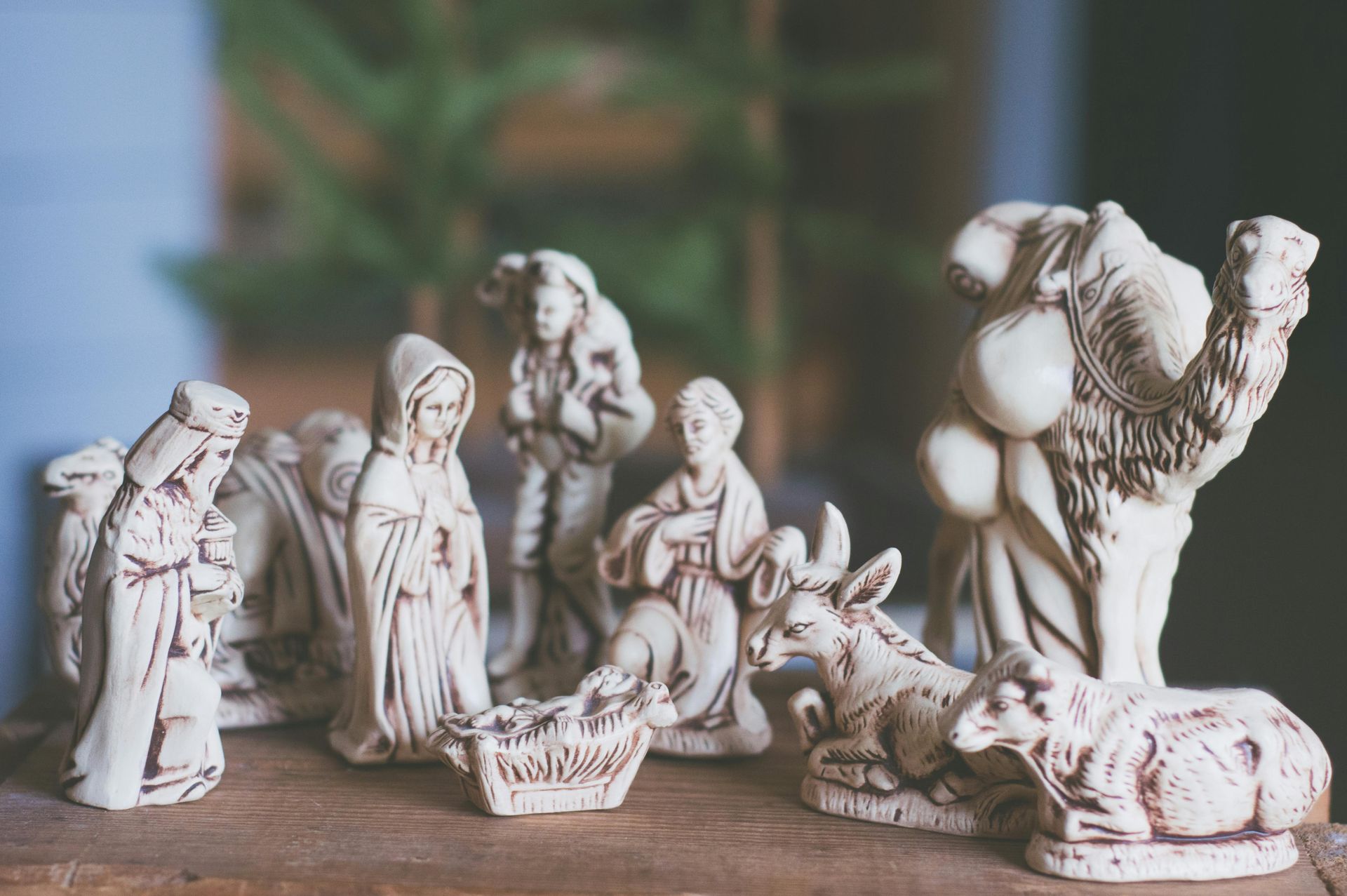The Supper of Love
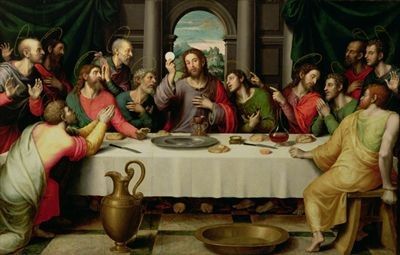
Joke: A dear old lady knew that she was about to die, so she asked her pastor to give her the Sacrament of the Anointing of the Sick. After being anointed, she said: “Soon I’ll be rocking in the bosom of Moses.” “No dear,” corrected the pastor, “the Bible says the bosom of Abraham.” She replied: “Father, at my age, you don’t care too much whose bosom it is!”
Holy Thursday, the Mass of the Lord’s Supper, is the only occasion when such an instruction is given on preaching. It says: “The homily should explain the principal mysteries which are commemorated in this mass: The institution of the Eucharist, the institution of the priesthood, and Christ's commandment to love.” What is the institution of the Eucharist? What is the institution of the priesthood? What is Christ’s commandment to love? Why does he love us? How does the model that love?
In his first encyclical, Pope Benedict XVI, Emeritus Bishop of Rome, chose its’ title, “God is Love.” Since God first loved us, 1 John 4:10, love, Pope Benedict said, “is now no longer a mere ‘command;’ it is the response to the gift of love with which God draws near to us.” This response is clearly shown in the celebration of the Lord’s Supper tonight in three distinct parts.
Before the Supper, the Lord Jesus washed his disciples’ feet. An act of a servant towards his master. Jesus had humbled himself to wash his disciples’ feet because of his love for them, and he loved them to the end John reported in his writing at the beginning of today’s Gospel.
In today’s second reading, Saint Paul reminds us what he received from the Lord, he handed to us saying, “The Lord Jesus, on the night he was handed over, took bread, and, after he had given thanks, broke it and said, "This is my body that is for you. Do this in remembrance of me." In the same way, also the cup, after supper, says, "This cup is the new covenant in my blood. Do this, as often as you drink it, in remembrance of me." For as often as you eat this bread and drink the cup, you proclaim the death of the Lord until he comes.” On this, Jesus instituted the Sacrament of the Most of Eucharist with his disciples. Through this institution of the Most Holy Eucharist, we have the privilege to celebrate the Mass daily in remembrance of his sacrificial love for us.
Through his last supper with his disciples, the bread that he identified as his body, and the wine that he identified as his bloodshed it is for us, his disciples particularly, to do in remembrance of him. Through this act, he instituted the Sacrament of the Holy Order. Through him, all priests are welcomed into the college of the high priest of Jesus Christ through the Holy Order, all priests have the privilege to repeat the words of the Lord Jesus himself at the celebration of the Holy Eucharist saying, “This is my body that is for you. Do this in remembrance of me.” It is the same with the cup that the priest repeats at Mass saying, “This cup is the new covenant in my blood. Do this, as often as you drink it, in remembrance of me.”
In the washing of the feet, the Lord Jesus reminds us, even though that we are all cleaned at our baptism, there is no guarantee that we will never sin again. The moment that we harbor hatred, resentment towards others, and even doubt, the moments that we are so attracted to sins and temptations that might block our vision to see God present in our Christian lives. These moments and many other moments that we dive ourselves into sins that God’s love does not only not condemn us, but he helps to wash away our sins with water which symbolizes the Holy Spirit. He wipes it with his apron on his waist which symbolizes his humble divinity and takes it on our human flesh. Finally, he seals it with a kiss, his true divine nature, which is love.
“God is love,” perhaps, is revealed throughout Jesus’ ministry. His love is to forgive the sin of the prostitute that in return, she washes his feet, not with water, but with her tears and wipes them with her hair. They are the tears of the conversion of heart, and her hair is her true repentance in response to wiping Jesus’ feet. Jesus’ love is also to heal the blind, to cure the sick, and even to raise the dead back to life again by his words, his touch, his command, and above all, by his love, his divine nature love.
His great love does not only point out his disciples’ dirty feet and not condemn or disregard them, but they need to be washed. Throughout his life ministry, Jesus often pointed out the corrupted minds of Levi, the Pharisees, and the scribes who often focused on appearances rather than the hearts that the Lord saw. According to their appearances, the cripples, the blinds, the mute, and the deaf were condemned as sinners; but the love of the Lord Jesus touched them, healed them, and restored them with the love of the heart. By the washing of his disciples’ feet, Jesus strongly encouraged us not only to acknowledge that we have sinned against the Lord but also to have the courage to come to confession to wash away our sins. Our forgiveness is not given by the priest, but by the Lord that in the absolution, the priest says, “I absolve you in the name of the Father, and the Son, and the Holy Spirit.” By coming to confess our sins, we are restoring our relationship with the Lord, with the Church, and with one another. What great is our God who revealed the great act of humility? The question then: Do we have the courage to acknowledge our sins against the Lord, his Church, and one another? Have we had the courage to come to confess? Just as the apostles allowed the Lord Jesus to wash their feet, have we allowed him to wash us, correct our crooked ways of life, change our sinful habits, calm us in our moments of impatience and anger, heal us in our sickness and illness, and above all, to allow him to love us as who we are? With his great commandment to love that Jesus humbly washed his disciples’ feet, have we humbled ourselves to come to others, especially to our loved ones with love? The love of not pointing the finger, but of lovingly correcting and helping each other to be better. The decision is yours.
